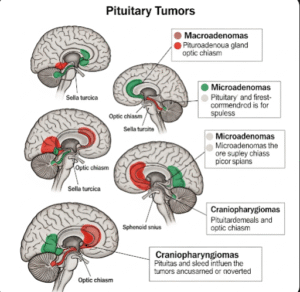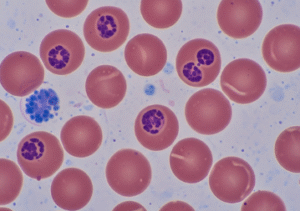Overview
Systemic lupus pneumonitis is an uncommon but serious lung complication of systemic lupus erythematosus (SLE), an autoimmune disease where the immune system attacks healthy tissues. Pneumonitis refers to inflammation of lung tissue, which can cause breathing difficulties and other respiratory symptoms. This condition may occur during lupus flares and requires timely diagnosis and treatment to prevent life-threatening complications.
What is Systemic Lupus Pneumonitis?
Systemic lupus pneumonitis is a type of interstitial lung disease associated with lupus, characterized by inflammation and sometimes scarring of the lung tissue. It can present as acute lupus pneumonitis (sudden onset, severe) or chronic lupus pneumonitis (gradual, progressive). The inflammation is triggered by autoimmune activity, leading to impaired oxygen exchange in the lungs.
Symptoms
- Persistent dry cough
- Shortness of breath, especially with exertion
- Chest pain or discomfort
- Fever (especially in acute cases)
- Fatigue and weakness
- Rapid breathing
- Low oxygen levels
Causes
- Autoimmune inflammation due to lupus activity
- Lupus flare-ups affecting the lungs
- Infections that trigger or worsen inflammation
- Reaction to certain lupus medications
- Environmental triggers such as smoking or pollutants
Risk Factors
- Having active systemic lupus erythematosus
- Female gender (lupus is more common in women)
- Age between 20–40 years at lupus onset
- History of lupus-related organ involvement (kidneys, heart, or nervous system)
- Immunosuppressive therapy that increases infection risk
Complications
- Pulmonary fibrosis (scarring of lung tissue)
- Chronic respiratory failure
- Severe pneumonia due to immune suppression
- Pulmonary hypertension
- Increased mortality in severe cases
Prevention
- Regular lupus monitoring and early treatment of flares
- Avoiding smoking and second-hand smoke
- Minimizing exposure to environmental pollutants
- Prompt treatment of respiratory infections
- Following up regularly with a rheumatologist and pulmonologist
Treatment Options in Korea
In Korea, management of systemic lupus pneumonitis involves a multidisciplinary approach including rheumatologists, pulmonologists, and infectious disease specialists. Treatment options include:
- High-dose corticosteroids (IV methylprednisolone) for acute inflammation
- Immunosuppressive agents such as cyclophosphamide, mycophenolate mofetil, or azathioprine
- Biologic therapies like rituximab in resistant cases
- Oxygen therapy for low oxygen levels
- Antibiotics or antivirals if infections are present
- Pulmonary rehabilitation to improve breathing capacity
- Advanced hospitals in Seoul, such as Severance Hospital, Asan Medical Center, and Samsung Medical Center, have specialized lupus treatment units with access to modern diagnostic imaging, lung function testing, and immunotherapy protocols.













